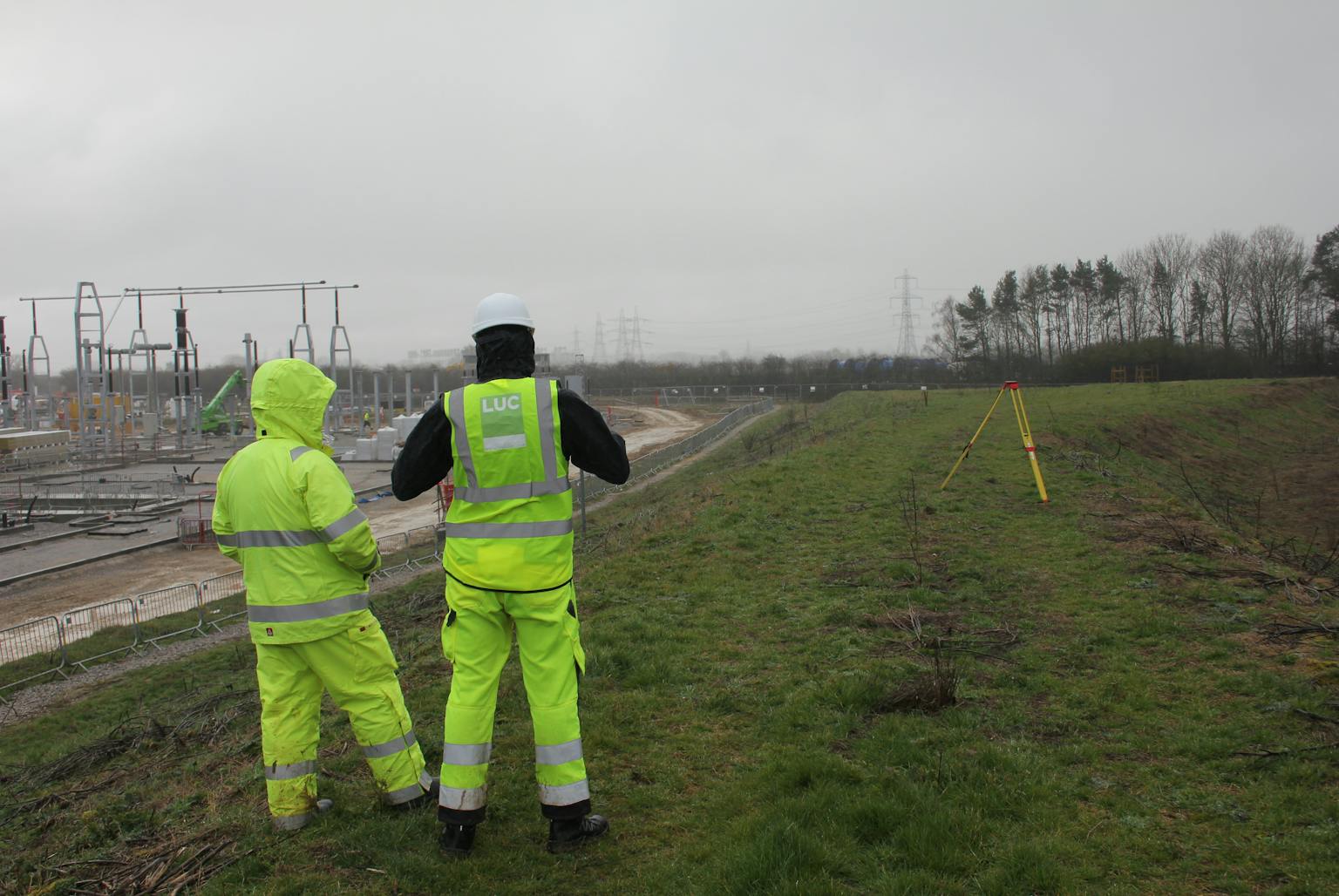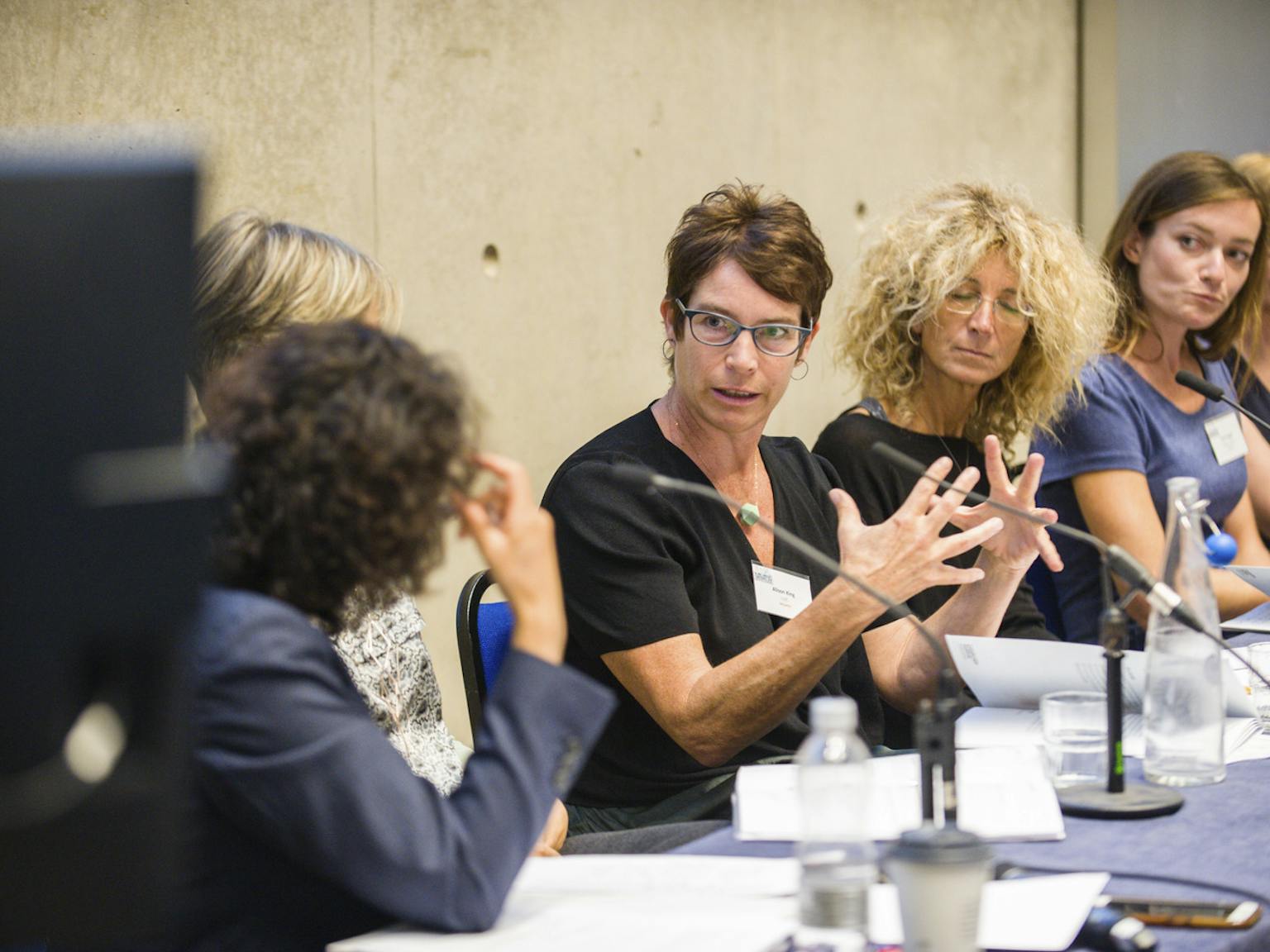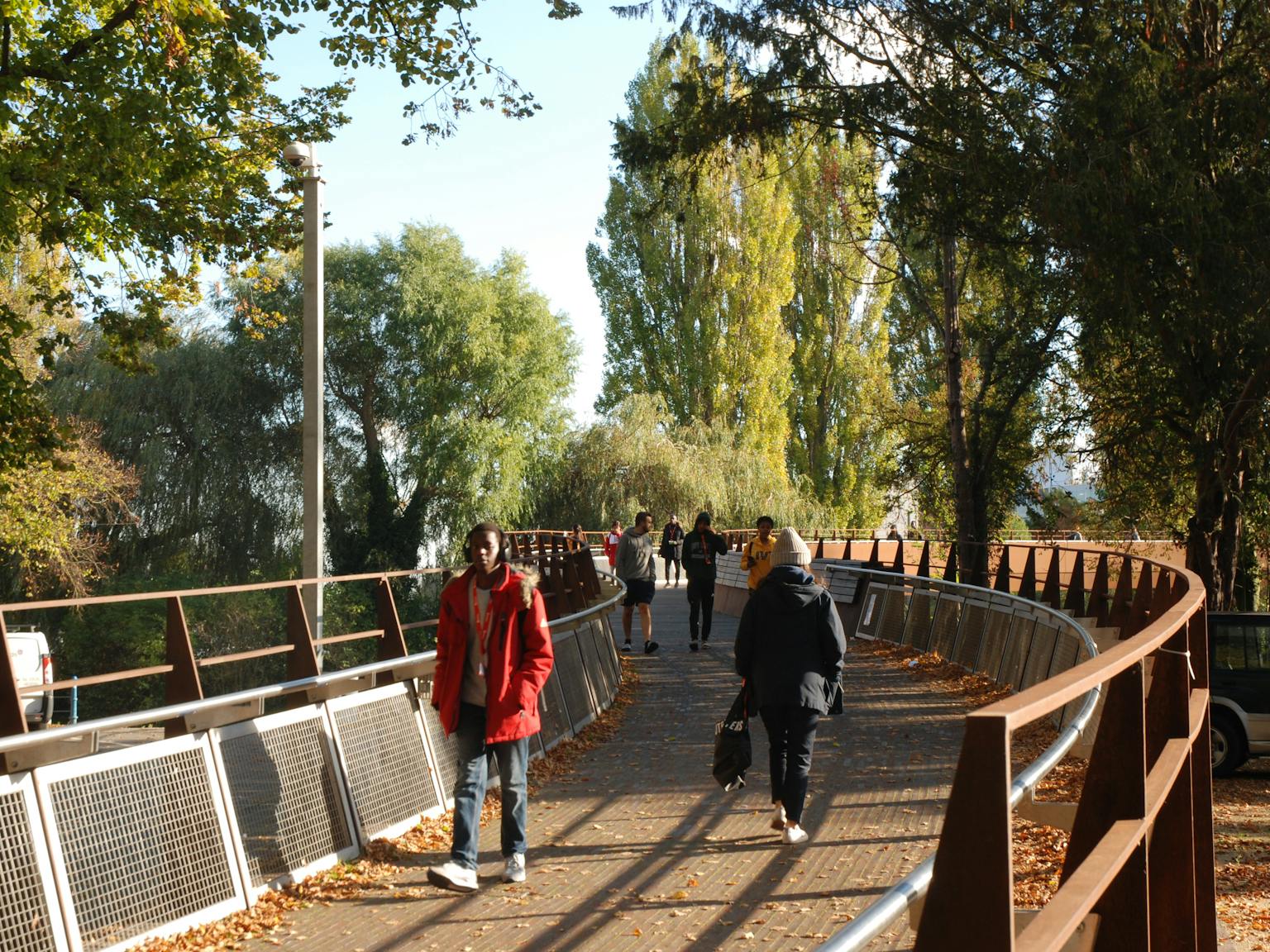
Local Plan examination hearings: what to expect and how to prepare
What happens after a Local Plan is submitted?
Once a Local Plan is submitted, an independent Inspector is appointed to lead the Examination process. He or she will review the Local Plan along with the other submitted documents and make an initial assessment. The Inspector will then prepare a set of ‘matters and issues’ for the Local Planning Authority to respond to – these are questions about issues that the Inspector feels require further clarification. The Local Planning Authority must respond to the Inspector’s questions by a deadline, and both the questions and responses are made publicly available online. The timetable for hearings is set and is also published online. If consultants have undertaken work on the Local Plan on behalf of the Local Planning Authority (for example, undertaking the Sustainability Appraisal) they may be best place to prepare responses to the relevant questions.
NB: the hearings are only one stage of the Examination. The term ‘Examination’ refers to the whole process, from appointment of the Inspector through to the Inspector’s final report.
At this stage, the Local Planning Authority and other relevant parties will be starting to prepare for the hearing sessions, for example by reviewing the list of attendees and their previous consultation responses to identify the issues that are likely to come up.
What are hearing sessions and what happens there?
An important part of the Examination process is the hearing sessions – these are publicly held discussions where the Inspector can probe into key issues relating to the Local Plan and its preparation. Anyone has the right to attend and speak at hearings if they wish, so long as they have submitted representations on the Local Plan during the consultation stage, and stated in advance that they wish to attend the hearings.
The Inspector leads the hearings sessions and is supported by a Programme Officer who assists with administrative and procedural matters. Contact with the Inspector is almost always via the Programme Officer. Other key attendees are officers from the Local Planning Authority and representors – these are interested parties who either support or oppose certain parts of the Local Plan.
The room is laid out in a U-shape or circle, with the Inspector at the head and other parties seated around the table. After introductions from the Inspector and usually an opening statement from the Local Planning Authority, the Inspector will lead discussions, working through the agenda items and inviting relevant parties to respond to questions relating to each item. Sessions are inquisitorial rather than adversarial and the Inspector will usually run the session efficiently, preventing anyone going off topic or repeating the same point. The length and number of hearing sessions varies, but they are likely to take place over at least a couple of weeks. There may be closing statements on the final day of hearings.
Etiquette requires the Inspector to be addressed as ‘sir’ or ‘madam’. The Inspector will usually direct questions at specific participants and invite other participants to respond as relevant. Participants may request to respond at any point – this is usually signalled by turning up on end their name card.
How is evidence presented?
It is essential for those presenting evidence to be well-prepared and highly organised. They will review attendee lists and previous consultation responses to understand who will be speaking and the likely topics that will come up. They must be completely familiar with the relevant material as they could be asked about any element of the matters and issues. Questions and follow up discussions can be lengthy and so those giving evidence will take notes to ensure that they are prepared to respond to all points raised.
Sometimes those presenting evidence may be asked questions outside their area of knowledge. If they don’t feel that they can answer immediately they will usually offer to follow up with a clarification note if appropriate.
Summary
Local Plan Examination hearings are a crucial part of the wider Examination process. The hearing sessions offer an important opportunity for all parties to have their say in a public setting, and for the Inspector to thoroughly explore any issues of concern or confusion. Those giving evidence will spend a good amount of time preparing in order to ensure that they are able to give evidence clearly, confidently and thoroughly. So long as participants are well prepared, there is no need to feel overly apprehensive or anxious, and some can find the experience enjoyable and rewarding.










